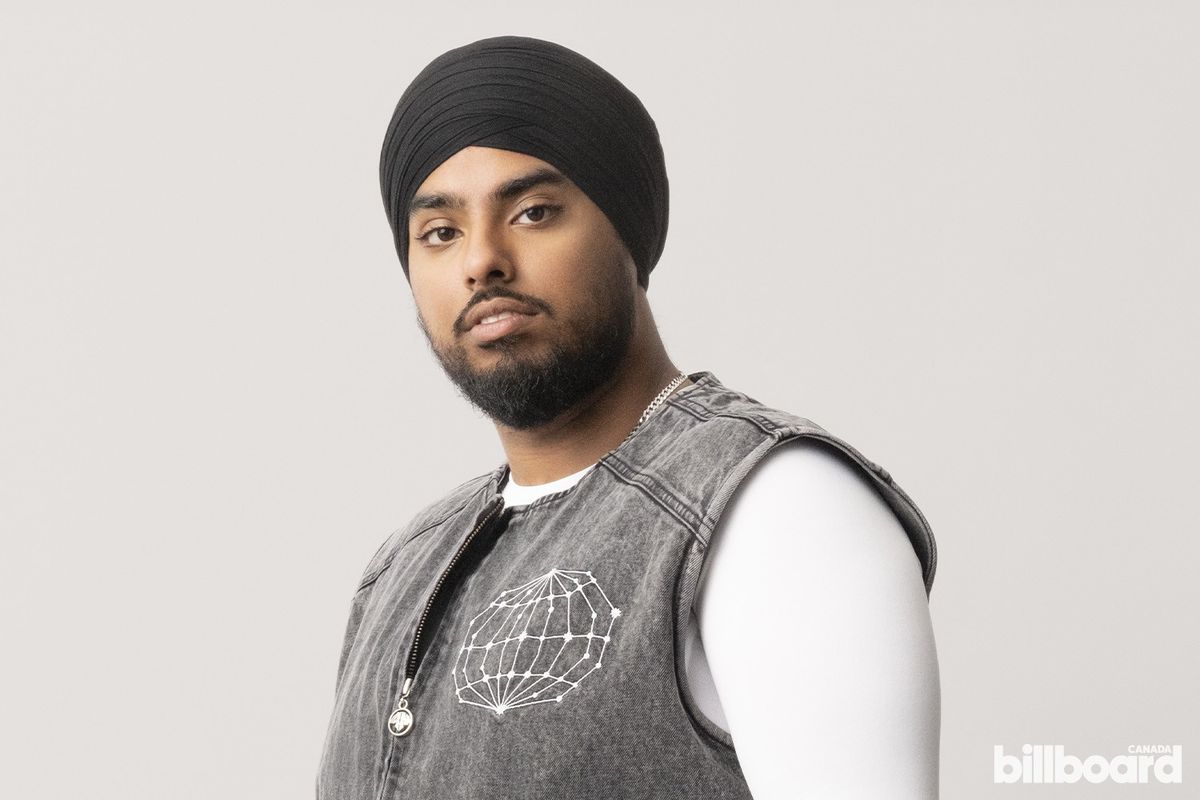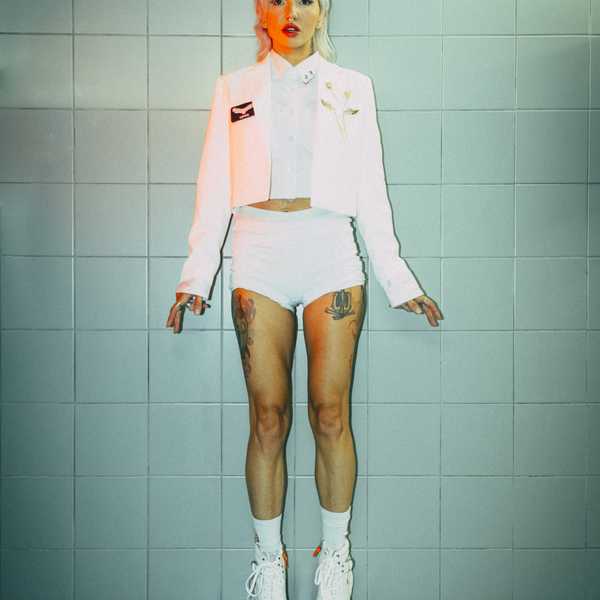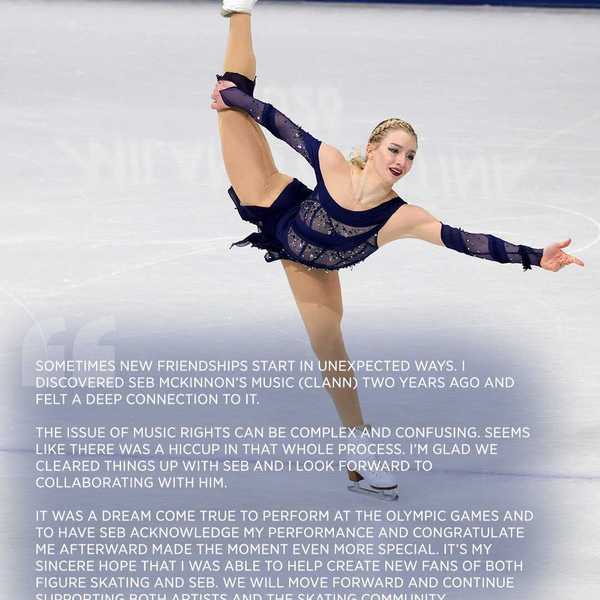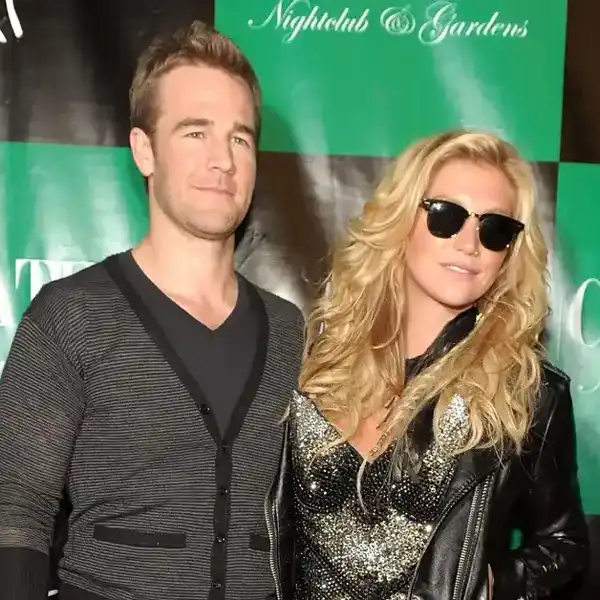Punjabi Wave: Ikky is a Bridge Between Cultures
The Brampton-born producer wants to help Punjabi-Canadian artists break through on a global level — now more than ever.

Ikky
Ikky calls himself a bridge between Punjabi and Canadian artists. As a producer and as the creative director of the new 91 North Records, a label collaboration between Warner Music Canada and Warner Music India, he wants to help artists see success on a global level.
As the only artist on Billboard Canada’s Punjabi Wave cover to be born in Canada, he sees himself as uniquely positioned to bring Western influences and Punjabi tradition together. Growing up in Rexdale and Brampton in the Greater Toronto area, the 22-year old says diversity of cultural influences comes naturally to him.
“I‘m in a position where I'm able to serve the community from a different perspective,” he says. “I can take someone who’s a star in a [specific] community and then put them up next to the biggest artists in the world.”
Making Memories, his collaborative album with Aujla, he explains, was a deliberate mix of Punjabi and Western sounds. It aligned perfectly, hitting No. 5 on the Billboard Canadian Albums chart. They’re about to go on tour to support it through the United States. But he’s already looking ahead, dropping the recent song “Ishq Hua (Love Happened).” It hints at a new direction for the artist: “house era.” Maybe more surprising, the track is his first not in Punjabi but in Hindi, a language he didn’t grow up with.
Ikky - Ishq Hua (Love Happened) (Official Music Video)
It comes at a time of simmering tension following Canadian Prime Minister Justin Trudeau’s said that India could have been involved in the assassination of Sikh activist and Canadian citizen Hardeep Singh Nijjar. Shortly after, Canadian-Punjabi artist Shubh, who Ikky has collaborated with in the past, had his tour of India cancelled after backlash to an image he shared on social media was interpreted by some as a controversial political statement. Ikky asserts that it’s an issue of freedom of expression more than politics, and shared his support for Shubh.
“I make music for the love of it,” says Ikky. “But because we as artists have big voices, we get dragged into, the political kind of stance, we get dragged into a political stance.”
For Ikky, though, the scrutiny that he and other Punjabi artists might be feeling does nothing to deter the momentum of their musical movement. Rather, it shows that their profile is rising. And it strengthens their goal of unity.
“[The goal to give Punjabi music global popularity] was never just about crossing over to Canada and America,” he says. “No, it's to cross over outside of Punjab as well, to Delhi, to Bombay. Even though we might speak different languages and we might be from different castes, we're still brothers and sisters.”
So when Ikky talks about being a bridge, he really means it.
Give me a little background about your upbringing. How did you first get into music?
My father used to write in India. That was his passion. Once [my parents] migrated to Canada, he had to earn a living out here. So coming with 25 cents to Canada, he started his factory job, and then once he had me and our brother, he put us into music. I played classical instruments. A string instrument called sarangi, that was my favourite instrument. Those traditional sounds, though I might not use them in the music I make now, you can still hear them in the air somewhere. It’s just the feeling of that sound. As a Punjabi listener, you can relate to it but you just can’t put your finger on it.
On Instagram, you've been posting these clips of some of your collaborators from Making Memories. They’re talking about what they learned about making Punjabi music, even though they aren’t Punjabi themselves. Did you see yourself bridging that gap?
We made a bunch of singles together, and so we grew together. So we're trading records, we’re learning, we’re practicing. What I said is, the album doesn’t have traditional instruments, but it should feel like it does. [My collaborators] teach me so much of the Western side of the music. Then I take it to Karan and say ‘how can we twist melodies without getting rid of the essence of the Punjabi language?’
When you were trading records back and forth, what were they?
On the Punjabi side, I'm a very big Jazzy B and Sukshinder Shinda fan. So I was playing a lot of Romeo by Jazzy B. And then, a lot of Drake albums. Somewhere in there was Wayne Wonder. Hold on, I can actually pull up the Spotify thing - we had a playlist. J. Cole’s “No Role Models,” “Shook Ones” by Mobb Deep, “P.I.M.P.| by 50 Cent, DJ Khaled “Staying Alive.” The Weeknd was a big part of the record. “A Lonely Night” from Starboy, that inspired “Softly.” There was “Movie Star” by Wayne Wonder, “Give Me More" by Keshia Cole, Aliyah, Ashanti. There’s so many inspirations.
Softly (Lyric Video) Karan Aujla | Ikky | Making Memories | Latest Punjabi Songs 2023
You’re talking about Drake and The Weeknd. Having grown up in the GTA in Rexdale and Brampton, do you feel like Toronto had an influence on this album?
I think Toronto's Impact is massive on what I try to do. There's something out here that, whether you're making pop music or hip-hop or anything, all of a sudden you're also making Punjabi music because maybe 20 years ago you had a friend that was Punjabi. Everyone around me [in Rexdale] was either Caribbean or Punjabi, so I was bouncing both cultures back and forth. Our diversity is crazy in Toronto, enough for you to be adding these cultures into your music without you ever knowing it.
You’re making music that gets millions of streams, it's on the Billboard charts. Making Memories was number 5 in Canada. But it seems like the recognition comes more from India than Canada. Do you feel like you should be recognized more as a Canadian artist?
I'm not born in India, I'm born in Canada, so it kind of sucks that I'm not being compared to Canadian producers. But now we're leveling up, we’re competing at a national level. That to me feels very large. We had to fight our way to be number one in India first, then to become a number 5 out here. But it’s changing. Every time we put out a record, it’s higher on the charts. I remember little things, like five years ago, having a Zoom with Spotify, they're not doing anything with Punjabi music and I’m trying to tell them it’s good. And then fast forward to now, where Warner Canada and Warner India are coming together. It’s a global strategy to blow up Punjabi music.
You’re the artistic director of 91 North Records. With your own label, 4N Records, you’ve talked about the need for Punjabi artists to understand things like royalties and streaming. In addition to bridging the two sides culturally, do you feel like that needs to happen on an industry level too?
It’s just a broken system in India. You get paid once and then boom, these labels go in and make all the money. That advance is nice, but we've generated so many streams and views [for songs] where we never saw a penny beyond it. If we're gonna take this much further, we're gonna need to build these foundations. We want to globalize ourselves. And if you want to do that, you can’t just do it with the music. You need the marketing. You need the strategy. Sometimes, you need the strength of these major record labels.
Do you ever find a culture shock working with Canadian industry folks?
What’s nice is no one is coming from these labels and interfering with the music, because we're the ones who hold the knowledge of Punjabi music and the language. Keeping the essence of Punjabi alive, that is what has made the biggest difference. You’ve got this entirely Punjabi language record, but you have a label in Canada pushing it. That is unheard of.
You’ve said this is the future of music. What do you mean by that?
We're building something for the next generation to feed [on] for the next decade until they become producers, until they become artists. I think we've been able to cultivate a culture that is brand new. It’s not an experiment no more. We've seen the worlds collide and how amazing it sounds. So now we're just pushing it.
This article is part of Billboard Canada's digital cover story on Punjabi-Canadian artists. Head here for interviews with every artist featured.

















